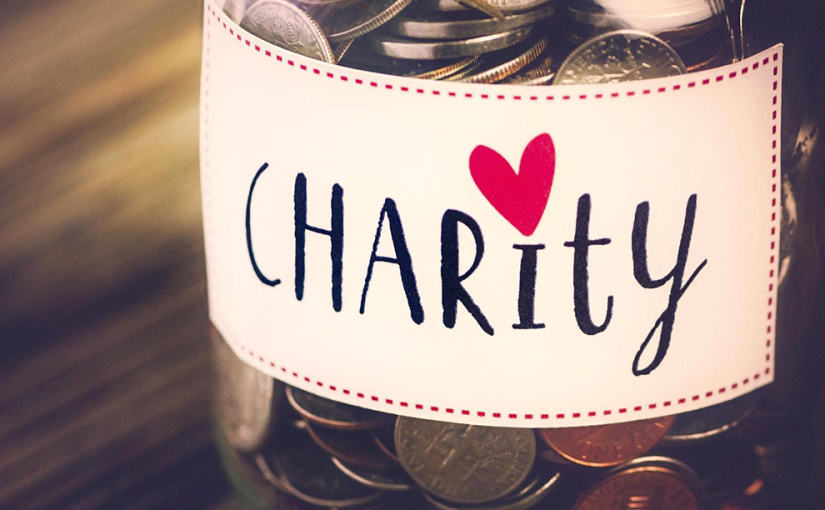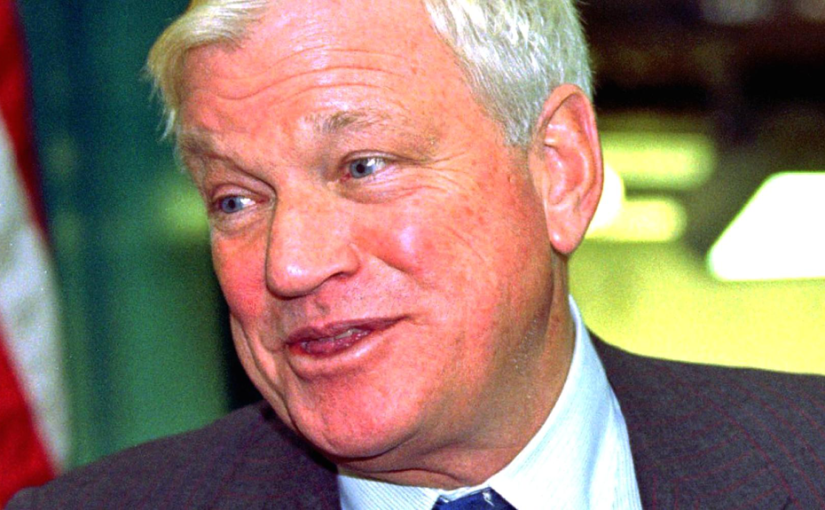Here’s a charitable tax tip from Mark Zuckerberg: When you donate stock rather than cash, you can save a lot on capital gains taxes. That’s part of what the Facebook founder and CEO did in creating an LLC to which he’s planning to donate up to 99 percent of his Facebook stock fortune. And it’s a charitable tax technique that experts say should be considered by all investors. You don’t need an LLC or a billion dollars to gift stock that you intend to sell to a charity.
Gifting “appreciated assets” — stocks, bonds or mutual fund shares that you’ve held for more than one year and that have increased in value — to charity often flies under the radar due to the popularity of cash donations.
“It’s an obscure part of the financial world,” said Eileen Heisman, president and CEO of the National Philanthropic Trust. “You almost need someone to tell you about it, like an accountant or tax lawyer.”
The tax savvy, charitable strategy is on the rise. Through the third quarter of 2015, 63 percent of donations to investment giant Fidelity Investments’ Fidelity Charitable were appreciated assets, which include publicly traded securities and non-publicly traded assets, such as private-equity interests, private business shares and real estate. This is an increase from 54 percent during the same period in 2014, according to Fidelity.
Now may be an opportune time for investors to learn how to gift appreciated assets.
With stocks having surged in the six-year bull market run, investors may need to rebalance and pare back on some holdings, said Barry Glassman, financial advisor and founder/president of Glassman Wealth Services. If that’s the case, an investor has two choices: Sell stocks and realize capital gains, or donate some of the appreciated securities to a charity, which shields the stock gains from capital gains taxes.
If an investor is set on selling a stock — and also set on making a charitable donation — it’s worth doing the math on whether gifting stock makes more sense than giving cash, based on capital gains that would be paid on a straight stock sale.








